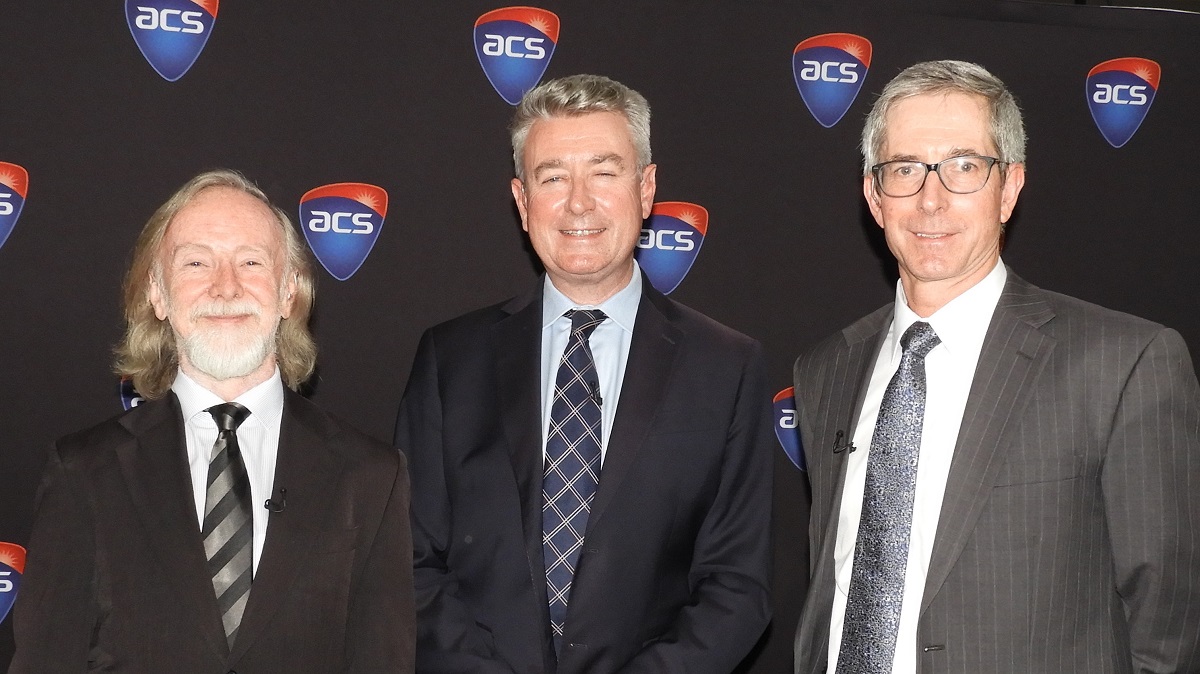ACS members had their say at the information session held after the society's firs online Annual General Meeting yesterday.
Held virtually due to COVID-19 restrictions, the meeting “finished an extraordinary year” ACS President Dr Ian Oppermann said.
“The AGM was extraordinary in a couple of different ways. One was because it was online, we had a large number of people voting, which was just wonderful." Dr Oppermann told Information Age after the event, which saw 230 members log in."
Voting at the AGM saw a large number of abstain votes with 77 members voting to adopt the Annual report with ten against and 177 abstaining.
Similarly, the motion to receive the accounts was supported 74 votes to 11 with 147 abstaining while the motion to accept the minutes of the 2019 AGM was carried with 67 votes to 4 with 161 abstentions.
“It's hard to see that as anything other than members expressing concern.” Dr Oppermann said. “So all of the motions got through and they got through easily, but the abstain votes were very large, and again, reflect I think, member concerns. So what I can say immediately, is that we have heard – I have heard, the CEO has heard, hopefully management committee have also heard.”
Transparency
ACS CEO, Rupert Grayston added the information session was an important factor in giving feedback and improving transparency across the organisation.
“It was a wonderful opportunity in the COVID year to be allowed to do an AGM online,” Grayston said. “It’s enabled around 250 members to log in and participate and for us to record the session and to have a long member information session run afterwards, making it accessible for those who just want to attend the formalities or for members who wanted to submit questions and hear what we had to say.”
The information session was facilitated by Professor Michael Johnson, Mathematics and Computer Science, at Macquarie University and member of the ACS ICT Educators’ Board who put questions submitted by members to the CEO and President.
Members can access the recordings and meeting details, including voting documents, through the AGM section of MyACS.
Communication
Dr Oppermann said the information session was part of the commitment to transparency following his election as President this year and last month’s Management Committee changes, saying “any member-based organisation should be transparent by default, we are using member funds, we are acting on behalf of members, we are creating value for members and on behalf of members.
“Everything we do has to have a degree of transparency to it, and whether that just means communicating more what we're doing and why we're doing it, that's the relatively simple part.
“But there are some big questions in front of us in terms of corporate governance change, in terms of the shape of a new constitution for the ACS, and the future direction.
"We clearly have not done a good enough job to date with engagement and the communication about each one of those different components.
“If we are to survive and be strong and really play a role in Australia's future, then that level of communication, that level of consultation and engagement really must increase.
“We have a role to play in the post-COVID Australia as the economy was really severely impacted. We saw that digital and data is now much more widely understood to be valuable, so we have a role to play there.”









